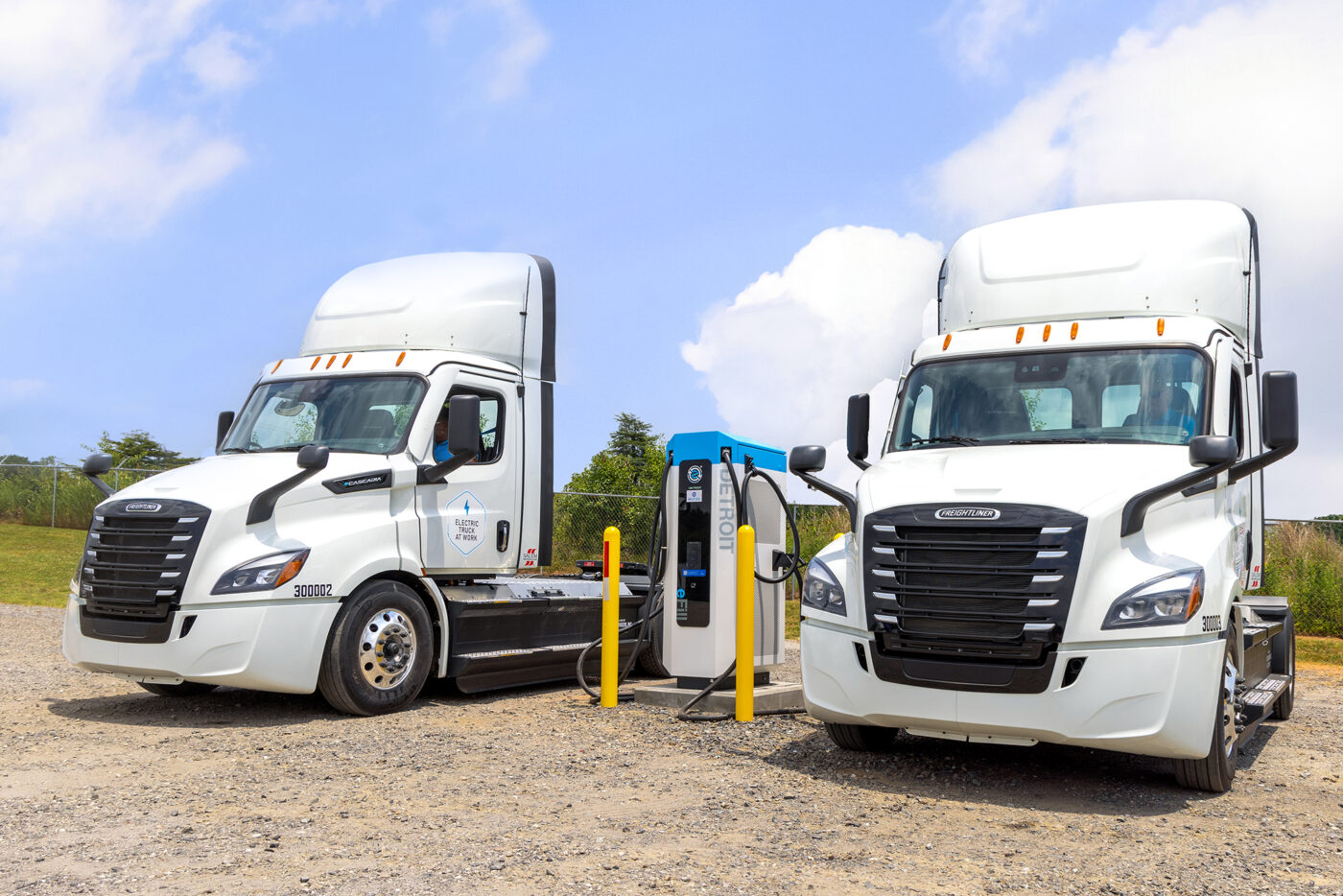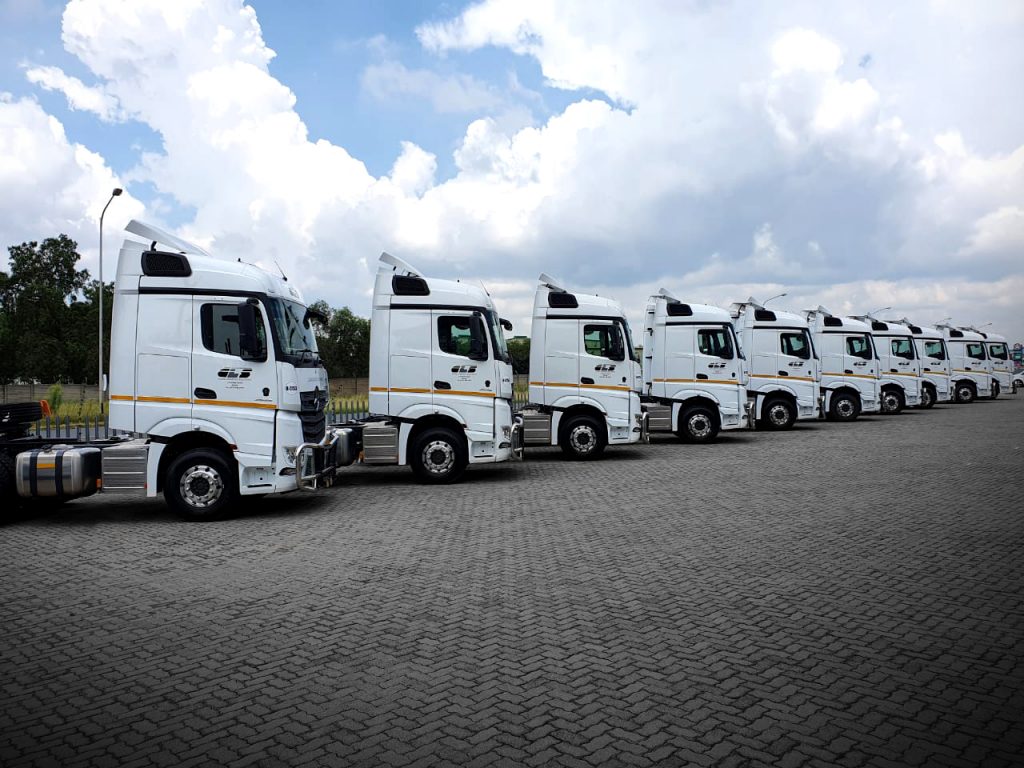Renting a delivery van can be a practical solution for businesses and individuals who need a vehicle for transporting goods temporarily. Whether you’re planning a move, delivering products, or managing a one-off event, choosing the right delivery van for rent is crucial for efficiency and cost-effectiveness.
1. Vehicle Size and Type
The first factor to consider is the size and type of van that suits your needs. The delivery van for rent come in various sizes, from compact models to larger box vans. Evaluate the volume and weight of the items you plan to transport. For instance, if you’re moving furniture or large quantities of goods, a bigger van with ample cargo space will be more appropriate. Conversely, if you’re only delivering smaller packages, a smaller van may be sufficient and more cost-effective.
2. Rental Duration
Determine how long you will need the van. Rental companies typically offer different pricing structures based on the duration of the rental. Whether you need the van for a few hours, a day, or several weeks, understanding the rental period will help you budget more accurately. Additionally, some companies offer discounted rates for longer-term rentals, so be sure to inquire about any available deals.

3. Insurance and Liability
When renting a delivery van, insurance is a critical consideration. Check if the rental company includes insurance in the rental price or if you need to purchase it separately. Ensure that the insurance covers potential damages to the vehicle and third-party liabilities. Understanding the terms of coverage will protect you from unexpected expenses and liabilities during the rental period.
4. Vehicle Condition and Maintenance
Inspect the van before finalizing the rental agreement. Ensure that the vehicle is in good condition, with no visible damage or mechanical issues. Check for the working status of essential features such as lights, brakes, and air conditioning. A well-maintained van is crucial for safe and reliable transportation, reducing the risk of breakdowns or accidents.
5. Rental Costs and Additional Fees
Review the rental cost and any additional fees associated with the rental. Some companies may charge extra for mileage over a certain limit, fuel, or late returns. Clarify all potential costs upfront to avoid surprises. Compare rates from different rental companies to ensure you’re getting the best value for your money.
6. Pickup and Return Procedures
Understand the pickup and return procedures for the van. Confirm the location and operating hours of the rental office. If you have a tight schedule, ensure that the rental company can accommodate your pickup and return times. Efficient procedures will save you time and make the rental experience smoother.
